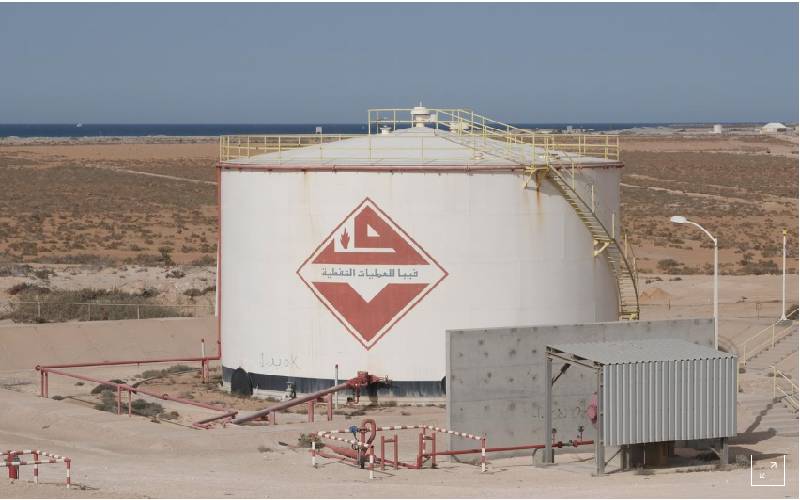×
The Standard e-Paper
Truth Without Fear

Eastern Libyan military forces have sent a war ship to the eastern oil port of Ras Lanuf, their spokesman said on Saturday, the first confirmed use of an oil facility since the start of their military operation to seize the capital Tripoli.
Libyan National Army (LNA) forces loyal to Khalifa Haftar, and which are allied to a parallel government in the east, started an offensive three week ago to take the capital held by the internationally recognised government.